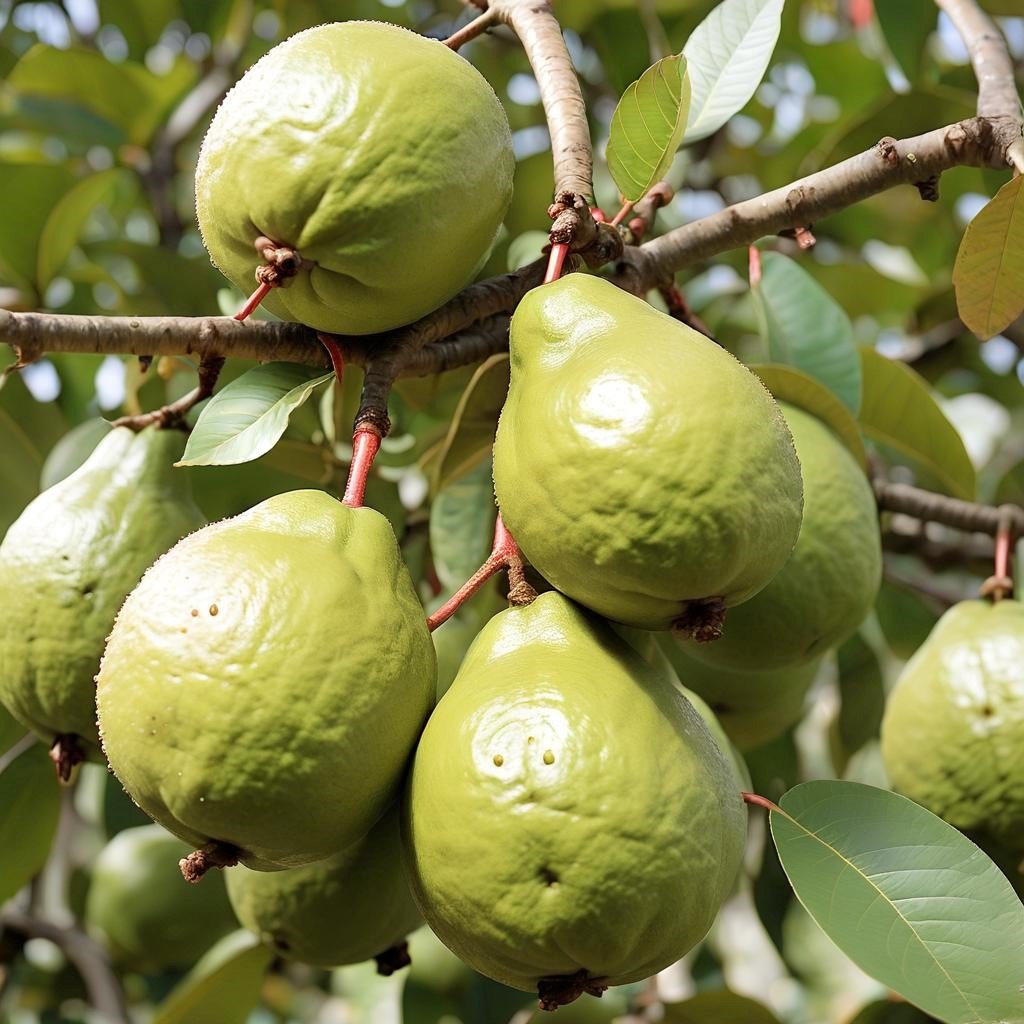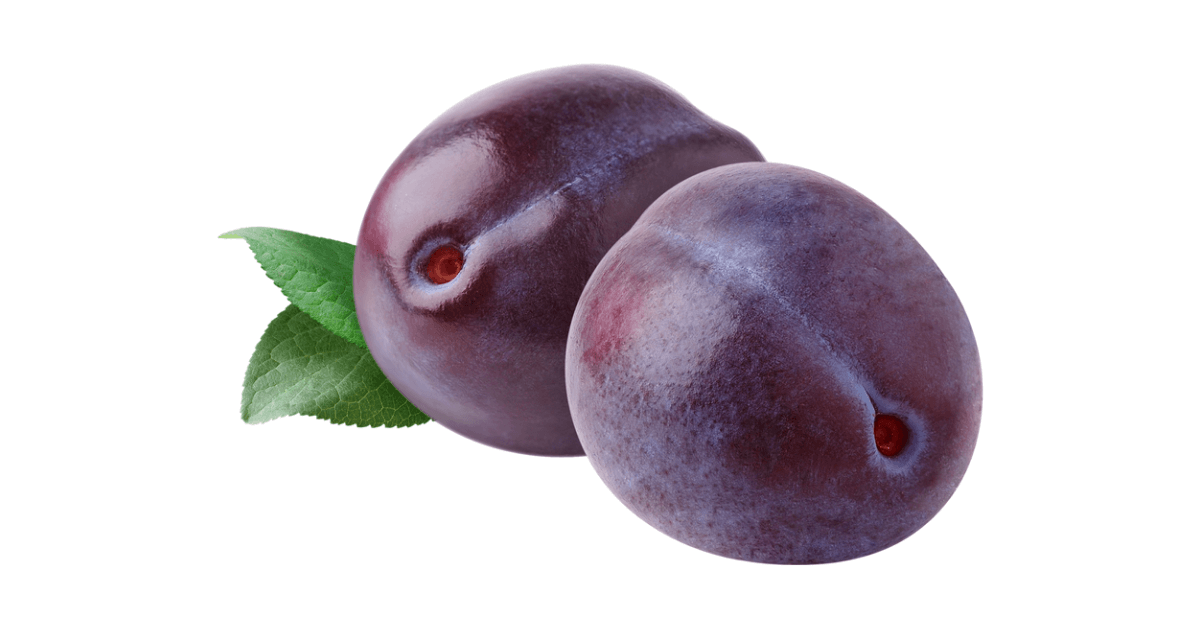Guava can be called a good medicine, as it is anti-inflammatory, anticancer, and pain-relieving, among other effects. Although it is a simple fruit for many people, it has many health benefits. Three types of people should be careful when eating Guava. Some people with certain health conditions may experience irritation or problems if they eat Guava fruit.

Guava fruits for pain, anticancer, anti-inflammatory, antioxidant
Guava (called Guava in English) has sweet flesh, and its leaves can also be brewed into a healthful tea. In particular, guava leaf extract has become the focus of attention due to its unique healing properties. Guava can be called a good medicine, as it is anti-inflammatory and anticancer, has pain relief, and has other effects, but some people should be careful when eating it. These are the people who have diabetes or kidney problems.
Guava Health Benefits
Guava (scientific name: Psidium guajava, mostly known as Guava) is native to Central America and widely cultivated in many tropical and subtropical regions worldwide. It is a small oval fruit with a light green or yellow outer skin and white, pink, or red pulp embedded with many tiny edible seeds.
Tropical Guava
In the tropics, Guava is used to treat various diseases, especially in rural India, where Ayurveda medicine has successfully used It to treat infections, malaria, diabetes, hypertension, cancer, malnutrition, pain, and fever. Guava is certainly a good remedy for certain types of diseases.
Medicinal effects of Guava
Nowadays, the nutritional value and medical effects of Guava are receiving increasing attention. Its fruits, bark, seeds, and especially leaves contain phytochemicals with pharmacological effects such as antioxidant, anti-inflammatory, antibacterial, antidiabetic, and anticancer.
Guava leaves
Studies have confirmed that guava leaf extract has the potential to treat global diabetes, cancer, cardiovascular disease, parasitic infections, and blood sugar regulation, which are major health threats facing the world today.
Health benefits of Guava pulp and Guava Juice
The extract of guava leaves has fantastic healing properties and has become the focus of attention.
Guava protects the heart
Many studies have shown that guava leaves, which are rich in antioxidants and vitamins, may help protect the heart from free radical damage.
A six-week clinical study 2016 found that guava fruit had the same effect. The study involved forty-five healthy college students who consumed peeled and unpeeled guava fruits. The results showed that unpeeled guava fruit was more effective in lowering blood pressure and blood sugar while also reducing total cholesterol, triglycerides, and LDL (low-density lipoprotein) levels, while HDL (high-density lipoprotein) increased.
Guava improves brain function and cognition
Micronutrients in Guava, such as vitamin C, potassium, magnesium, and vitamins B3 and B6, positively impact the brain’s ability to regulate mental health. For example, a study of vitamin C levels in 139 male students found that higher vitamin C levels were associated with better students’ overall mood. Conversely, low vitamin C levels are associated with feelings of depression, confusion, and anger.
One study of 214 healthy adults compared the relationship between vitamin C levels and mental vitality. The results showed that people with low vitamin C levels had poorer work motivation and concentration performance. Conversely, people with high levels of vitamin C performed better on cognitive tasks that require focused attention.
Vitamins B3 and B6 can soothe nerves and increase blood circulation in the brain, improving brain function and cognitive ability. Guava’s magnesium helps reduce anxiety and boost mood.
Guava Fights Cancer
Guava and guava leaf extract have been widely used in anticancer research on various cancers, including lung cancer, colon cancer, squamous cell carcinoma, multiple myeloma, cervical cancer, and gastric cancer. The powerful antioxidants in Guava, especially lycopene and quercetin, can effectively neutralize free radicals and inhibit the spread of cancer cells. Other studies have shown that guava leaf extract can reduce the risk of prostate cancer and inhibit the growth of breast cancer cells.
Guava is good for the kidneys, but patients with kidney disease should be careful
Although the vitamin A and phytonutrients in Guava, such as lutein and lycopene, help kidney cells resist oxidative stress, doctors and nephrologists at the Kidney Care Center in Delhi, India, point out that Guava’s high potassium content may be harmful to patients with chronic kidney disease. Also, high levels of calcium may cause kidney stones.
Be aware that Guava’s high potassium content may be harmful to patients with chronic kidney disease.
Guava skin care and moisturizing
Guava leaves have a strong astringent effect, and the topical ointment can shrink and tighten skin cells. A decoction of the boiled leaves helps speed up wound healing. Guava is rich in antioxidants and vitamins A and C, which are great for keeping skin young and slowing aging. In addition, Guava contains 80% water, which helps maintain skin moisture.

Studies have found that guava leaf extract is effective against acne-causing bacteria due to its antibacterial and anti-inflammatory properties.
Guava strengthens bones and teeth
Guava is rich in calcium and magnesium, which help strengthen bones and teeth. Eating Guava can help reduce osteoporosis and avoid the risk of other bone diseases. A study of mice with insufficient bone density or bone damage found that bone growth improved after the mice were fed guava leaf extract.
Guava leaves have anti-inflammatory and antibacterial properties that effectively fight infections. If you suffer from toothache or gum inflammation, try guava leaf juice.
Guava lowers blood sugar
Both laboratory studies and clinical trials have shown that the polyphenols in guava leaf tea can inhibit the activity of some carbohydrate enzymes in the body, slowing down the conversion of carbohydrates into glucose and reducing blood sugar levels by 10%. Researchers suggest that pre-diabetic and diabetic patients taking guava leaf tea with each meal may help regulate their glucose metabolism.
Guava treats dysmenorrhea
Many women often suffer from dysmenorrhea. In a clinical trial, 197 women with primary dysmenorrhea were given guava leaf extract during menstruation. Results showed that taking 6 mg of guava leaf extract daily significantly reduced pain levels, in some cases even more effectively than traditional painkillers.
Guava relieves constipation
One Guava contains 3 grams of fiber, so Guava is a high-fiber, high-quality food that promotes healthy intestinal movement and prevents constipation.
Caution for the patients of the following diseases before eating Guavas.
If you have any of the following three conditions, please consult your doctor before using guava leaf extract or consuming guava fruit:
Eczema: Guava leaf extract may irritate the skin if applied directly.
Chronic kidney disease: High potassium and calcium levels may burden the kidneys or cause calcium stones.
Diabetes: Because Guava has a natural blood sugar-lowering effect, blood sugar levels should be monitored.
There are three significant health benefits if you are eating Guava
Helps lose weight
A 300g piece of Guava has only about 126 calories. It is low in calories and fiber and has a solid texture. You will feel full after eating a few slices. It is very suitable as a snack, especially with other low-calorie snacks. Compared with snacks, Guava is rich in vitamins and minerals, which can help weight loss and supplement a variety of nutrients!
Protects heart health
Guava has a high potassium content, which helps balance excess sodium in the body. This regulates blood pressure, lowers , and reduces the risk of cardiovascular disease.
Increases immunity
Guava ranks first in vitamin C content compared to fruits such as lemons and oranges! There are 243 mg in 100g, which helps improve immunity and prevents the invasion of pathogens and infection sources.
The article highlights the multifaceted health benefits of guava, ranging from its anti-inflammatory and anticancer properties to its role in heart health, brain function, and immune support. Guava’s nutritional and medicinal value, including its rich phytochemical content, makes it a potent natural remedy for various ailments. However, caution is advised for individuals with diabetes, kidney issues, or eczema due to potential adverse effects. Guava’s positive impact on kidney health, skin care, bone strength, blood sugar regulation, and digestive health is underscored, along with its potential to relieve dysmenorrhea. Its low-calorie content and high fiber make it suitable for weight loss. Guava emerges as a versatile fruit with significant health-promoting properties, offering a tasty and nutritious addition to one’s diet with prudent consideration of individual health conditions.




